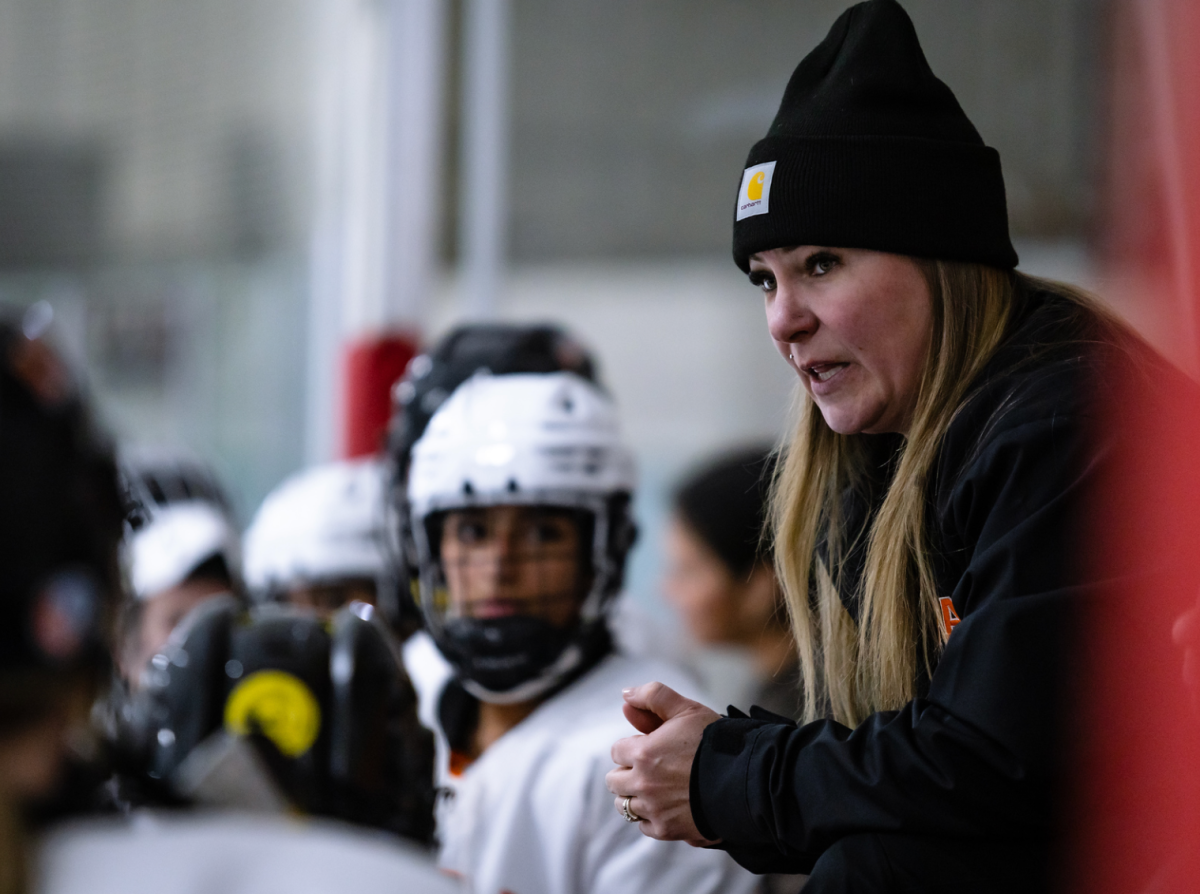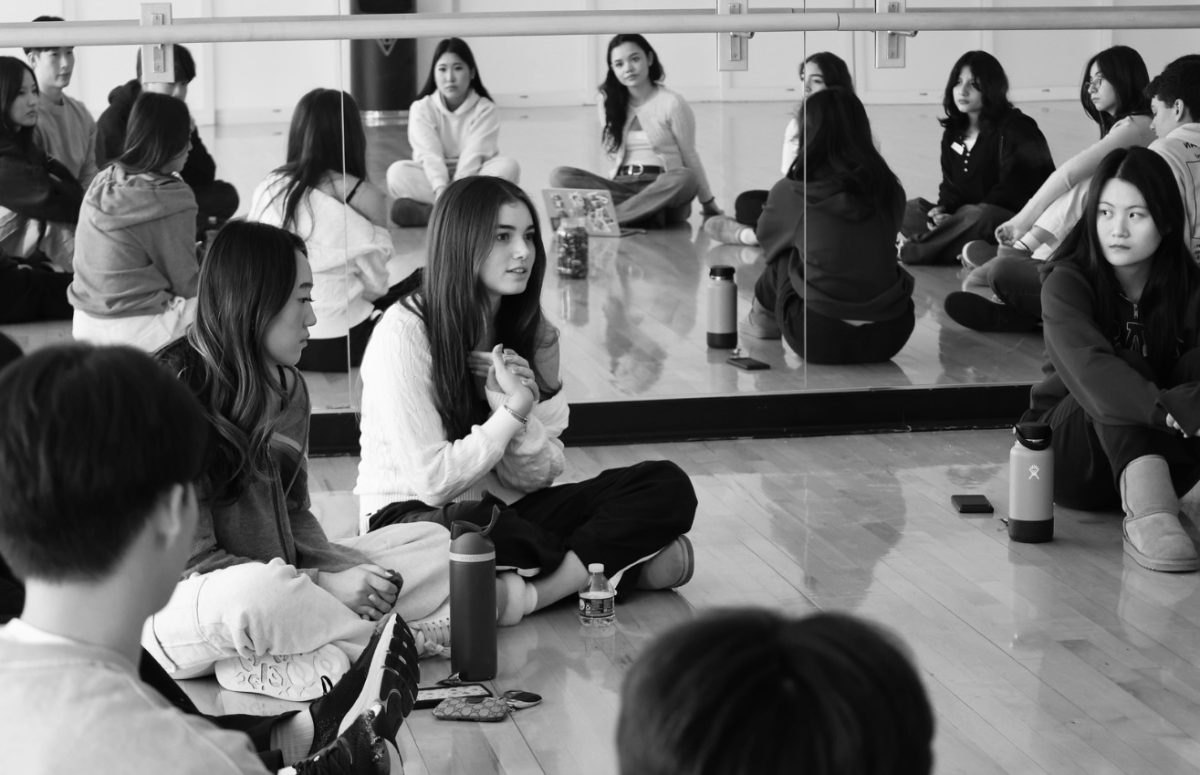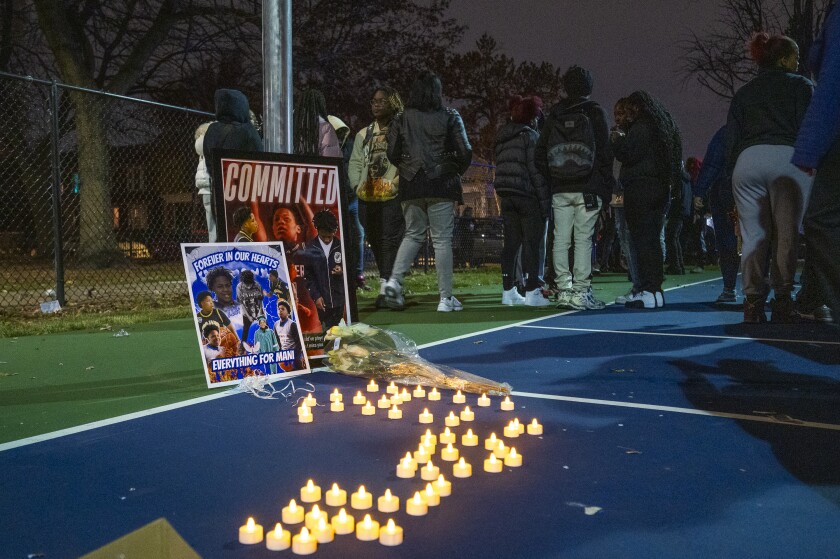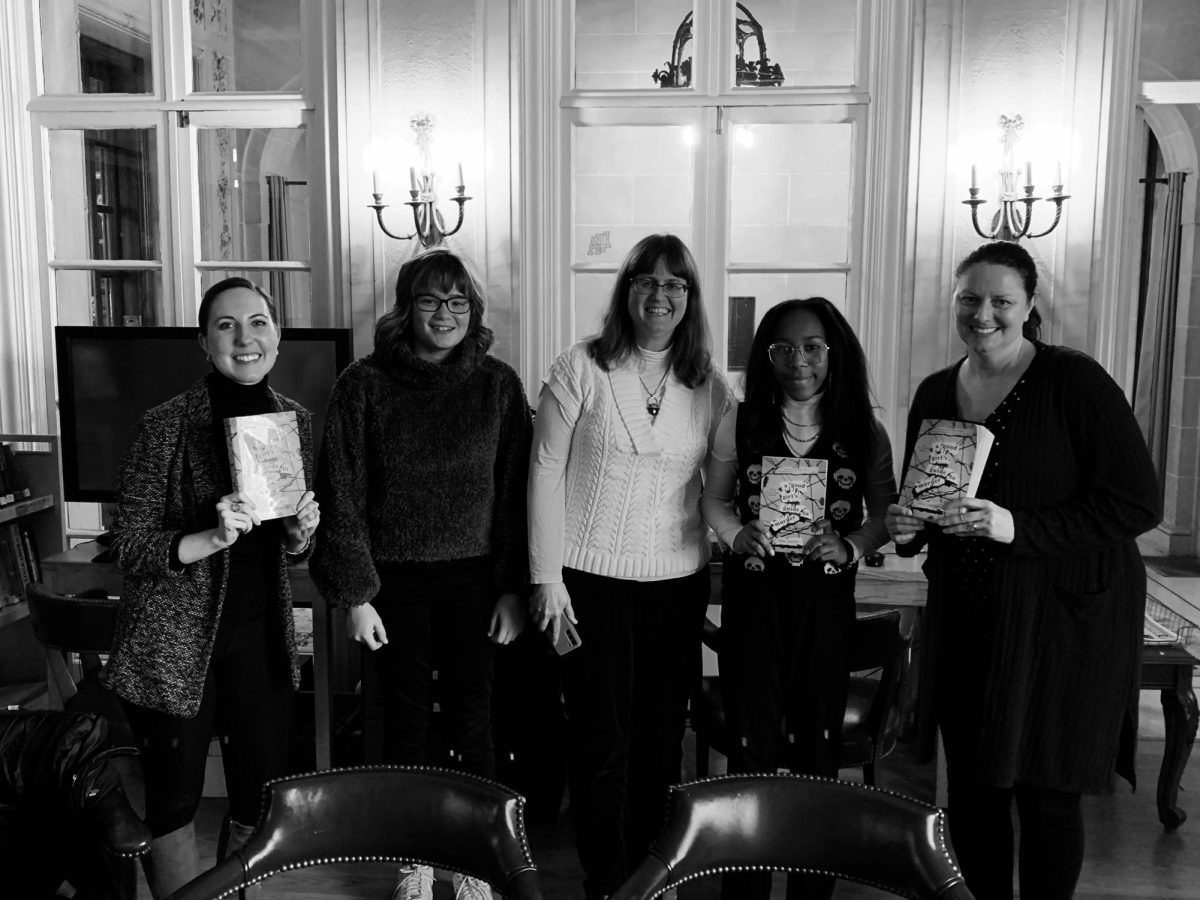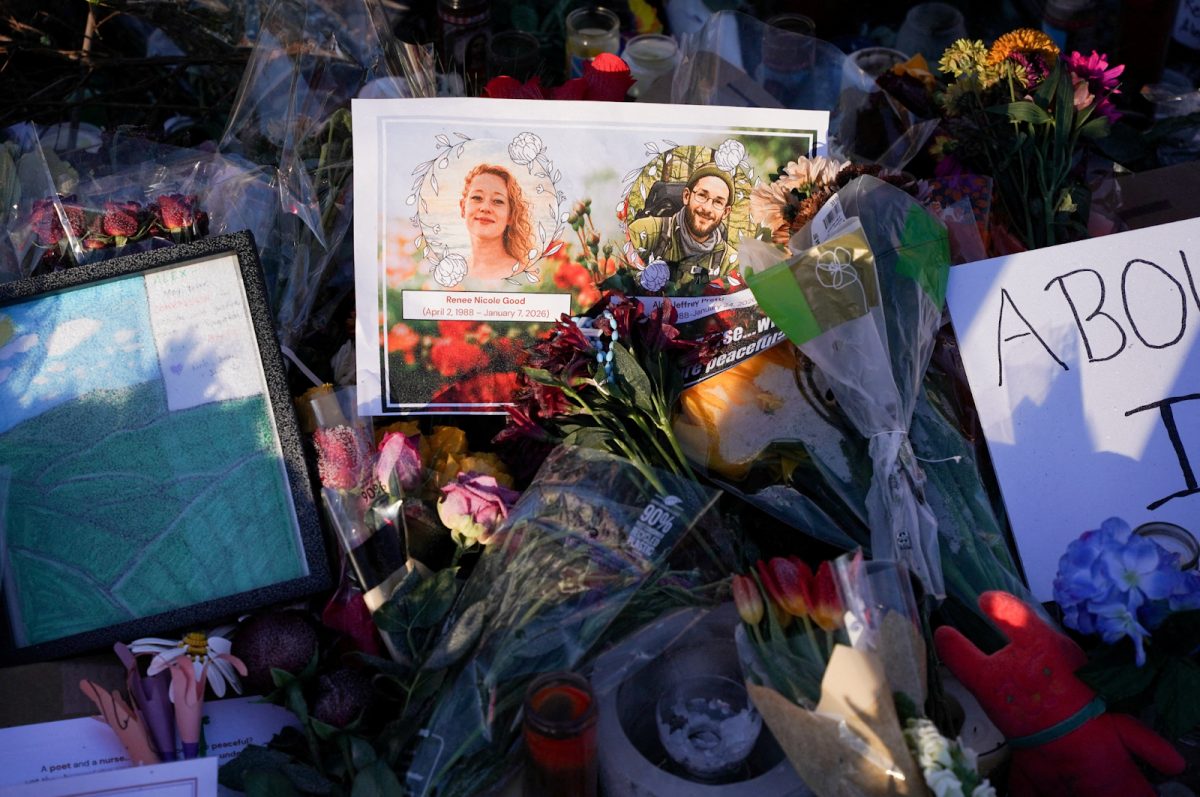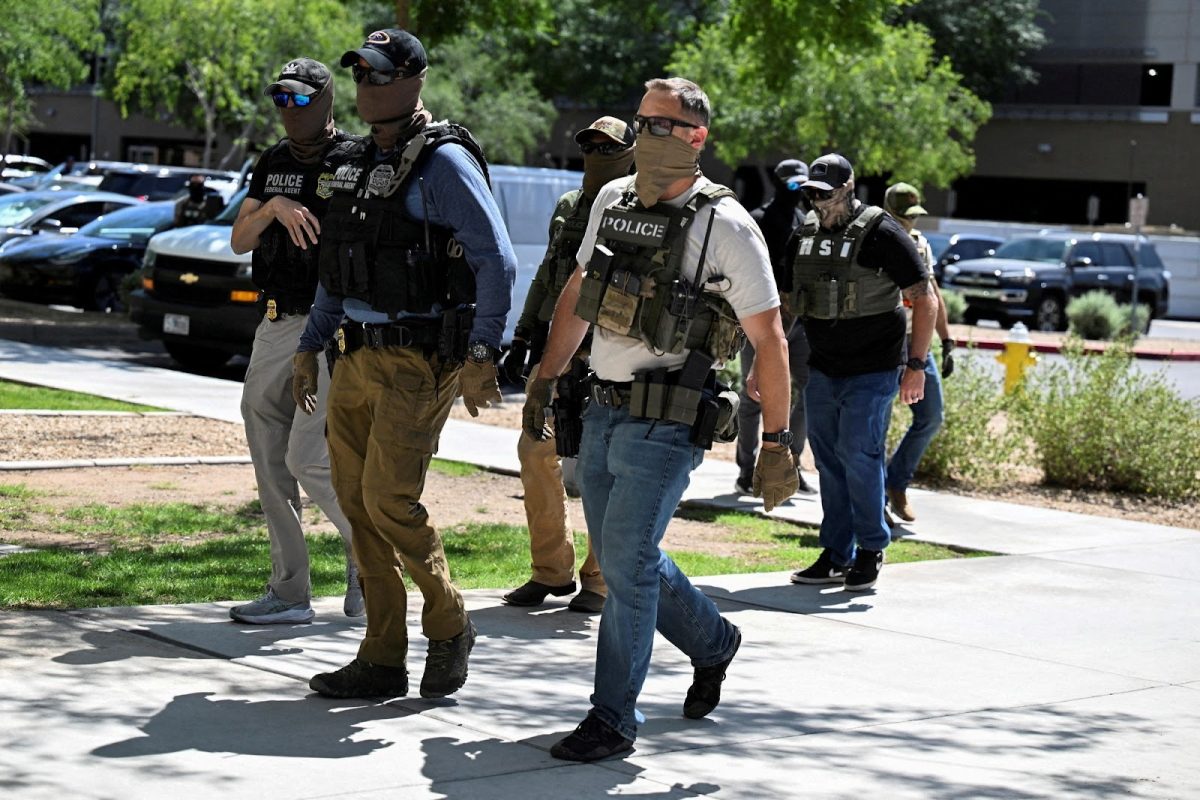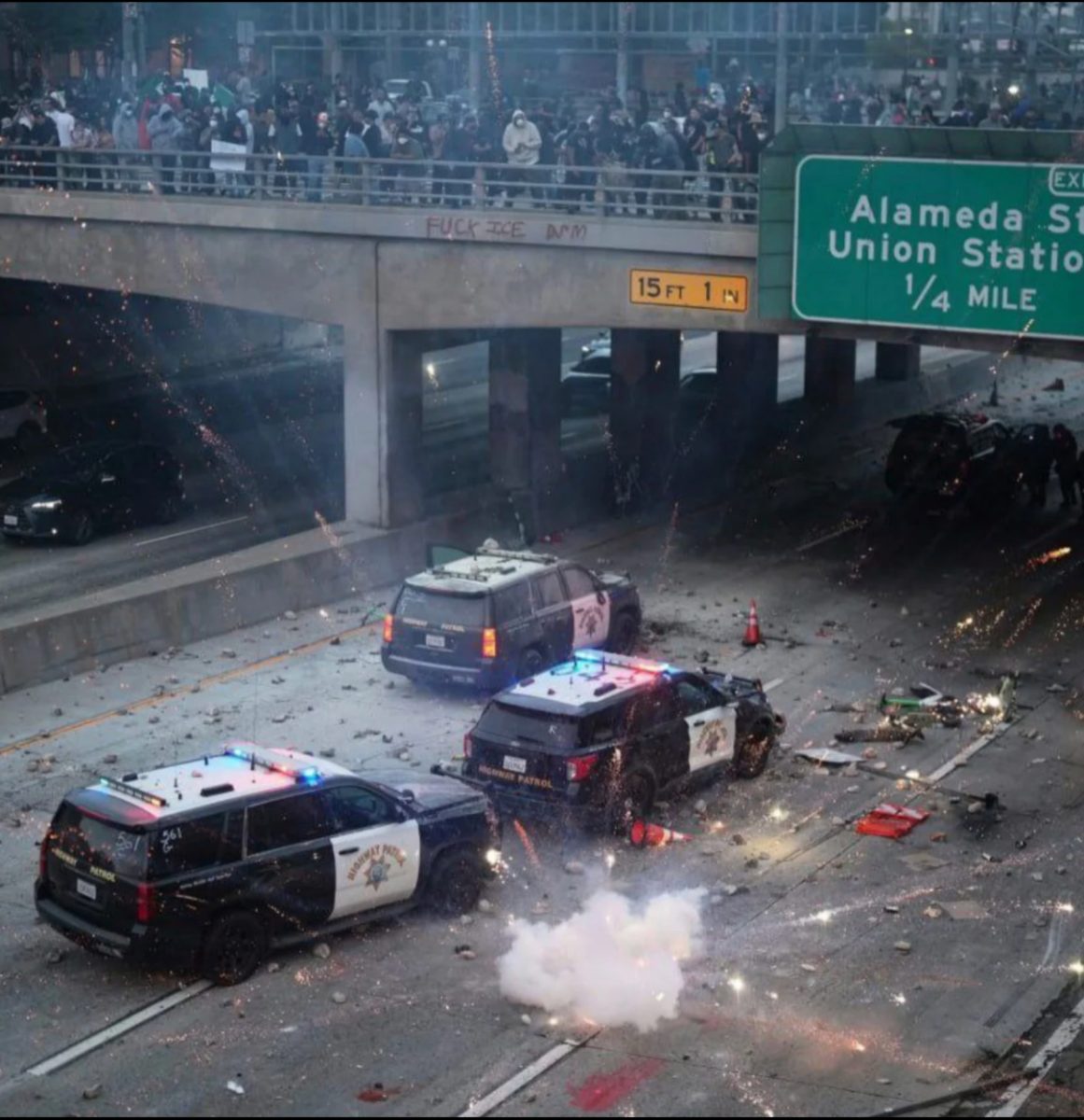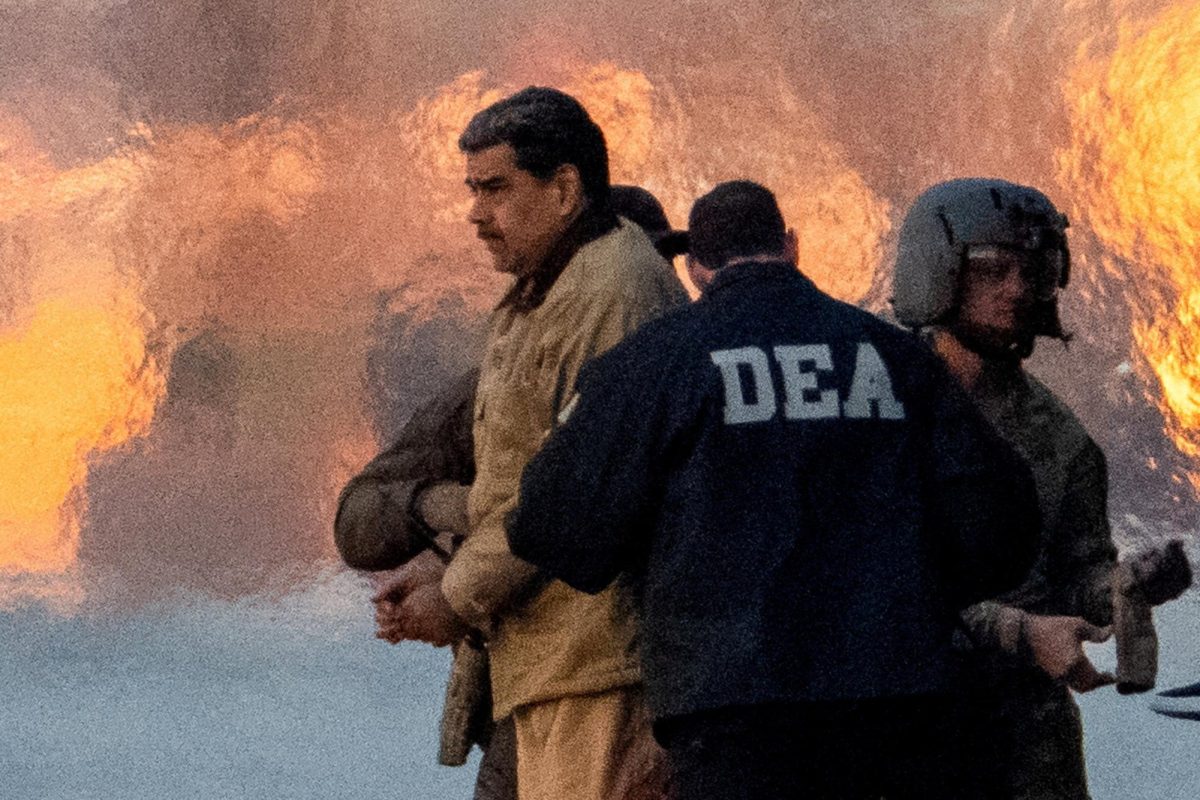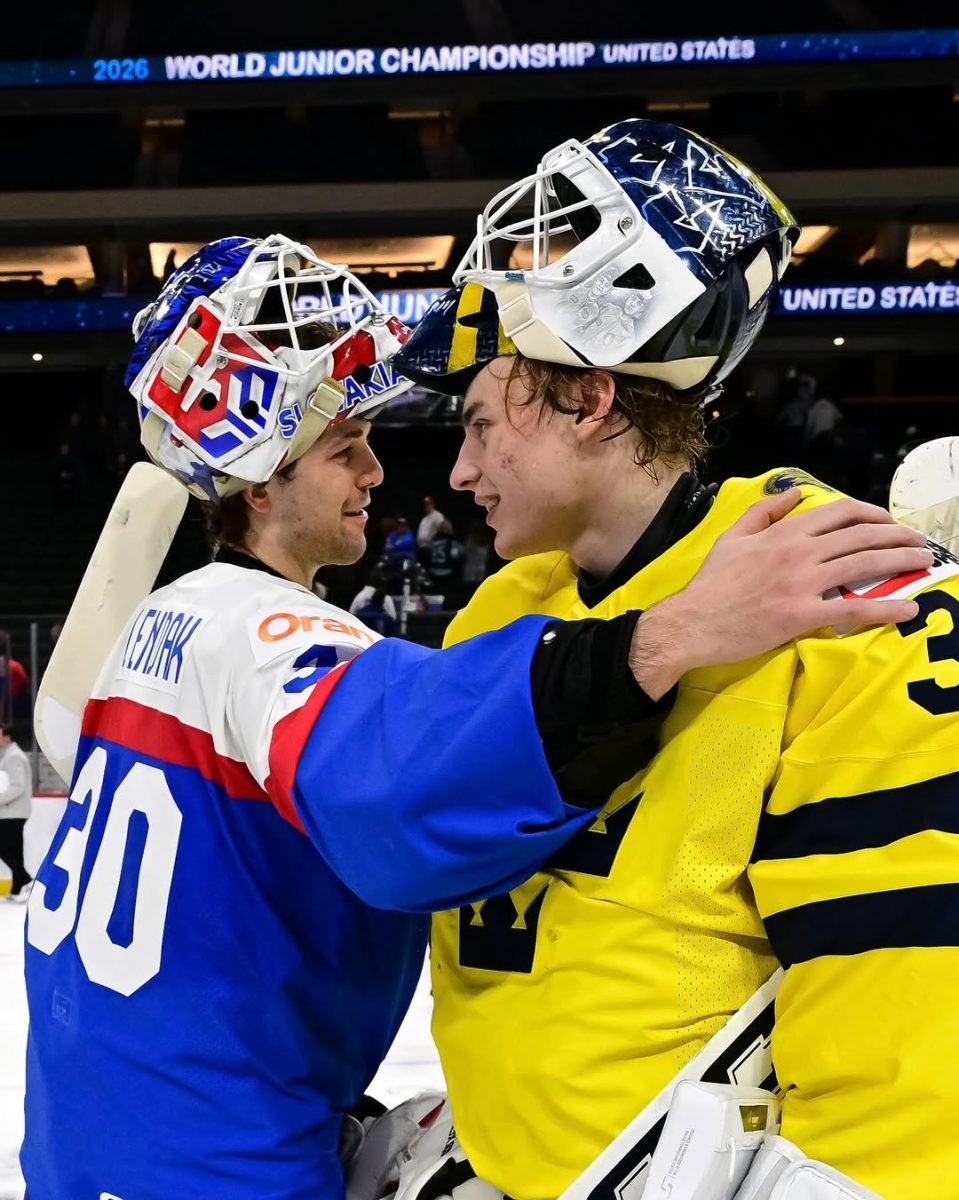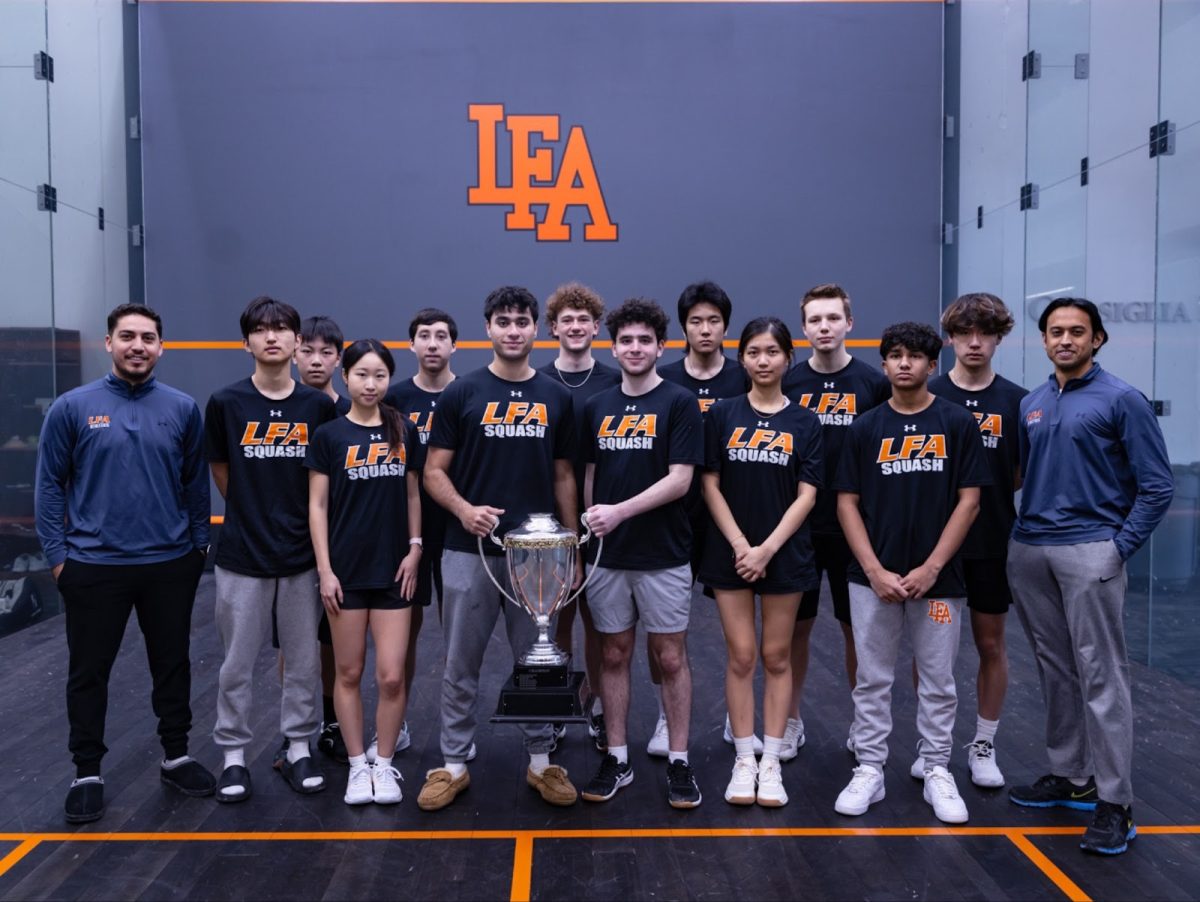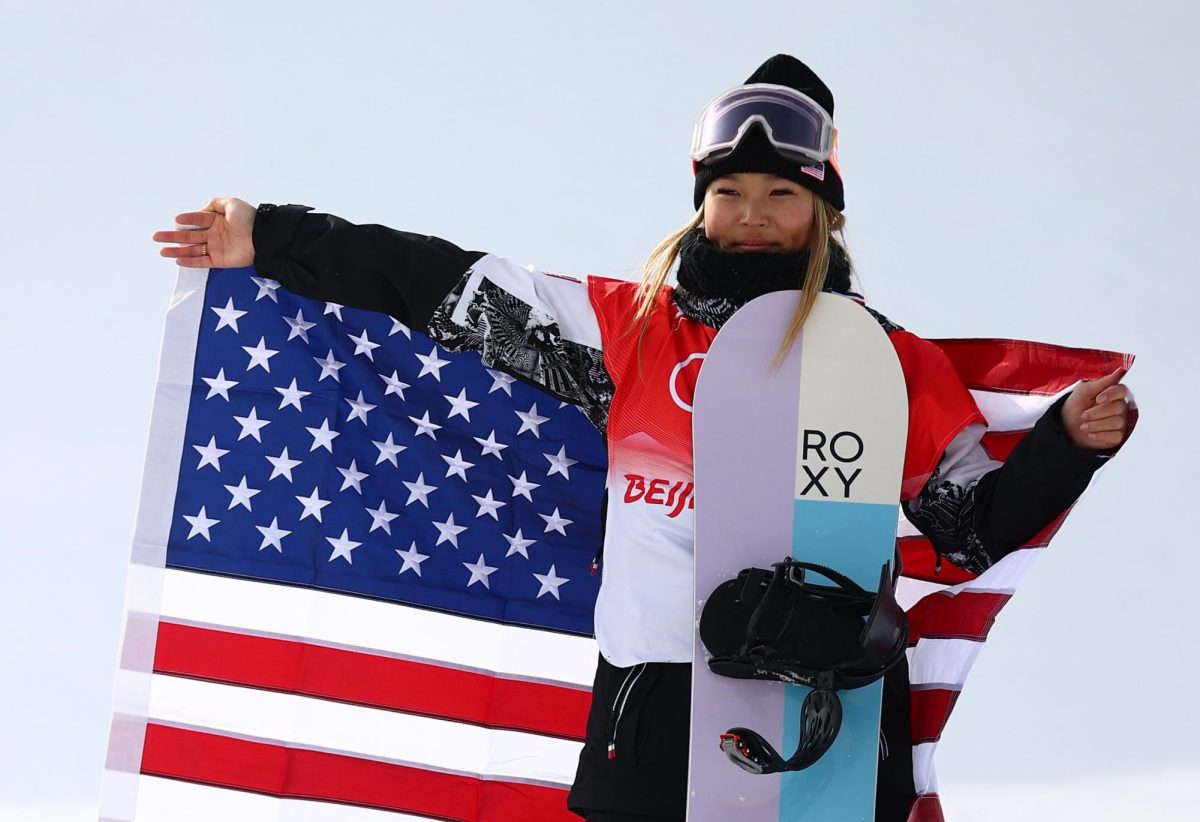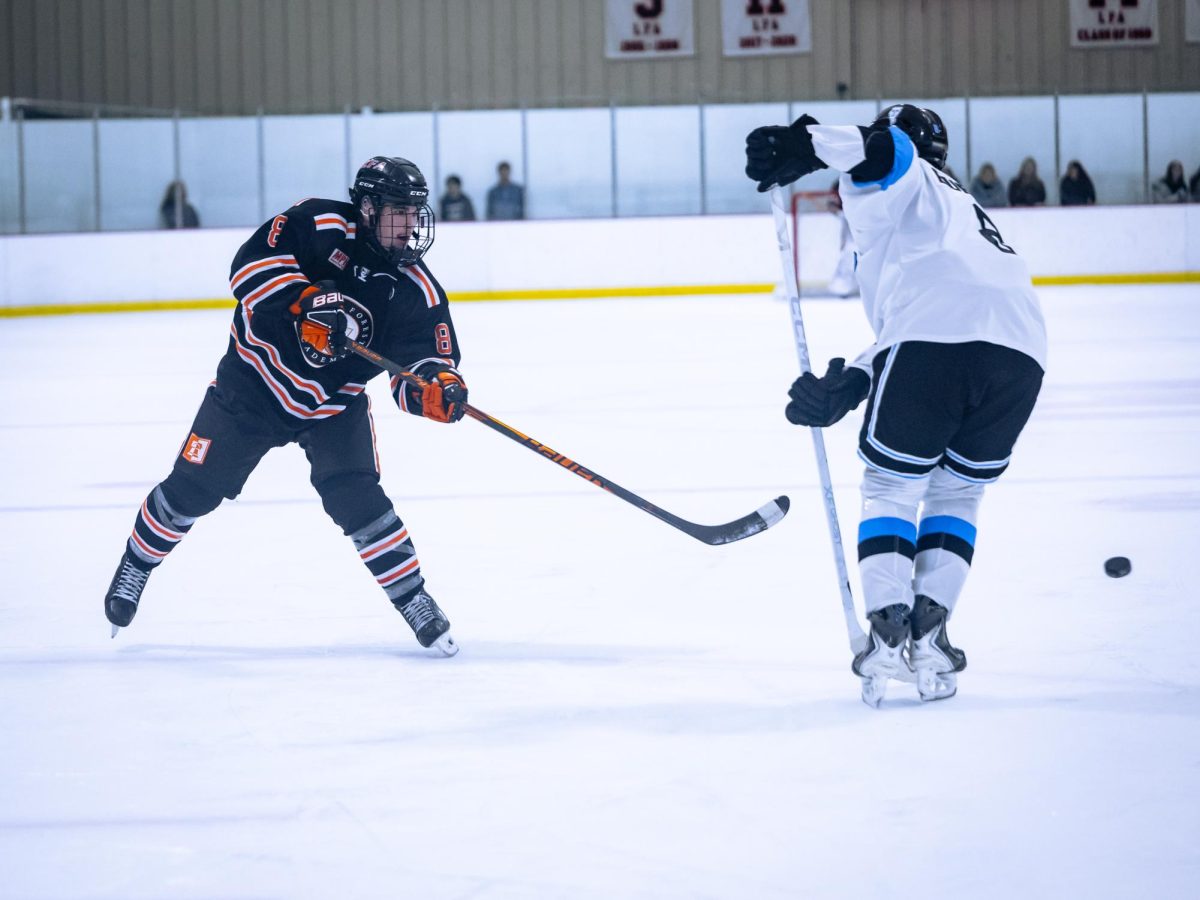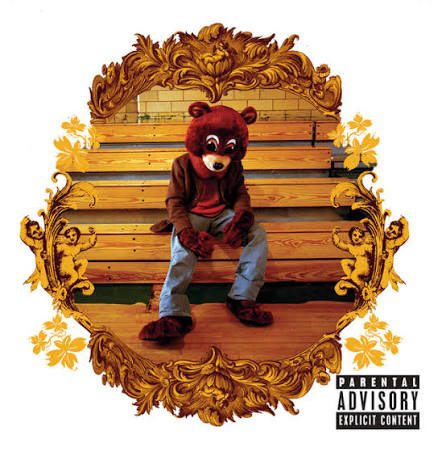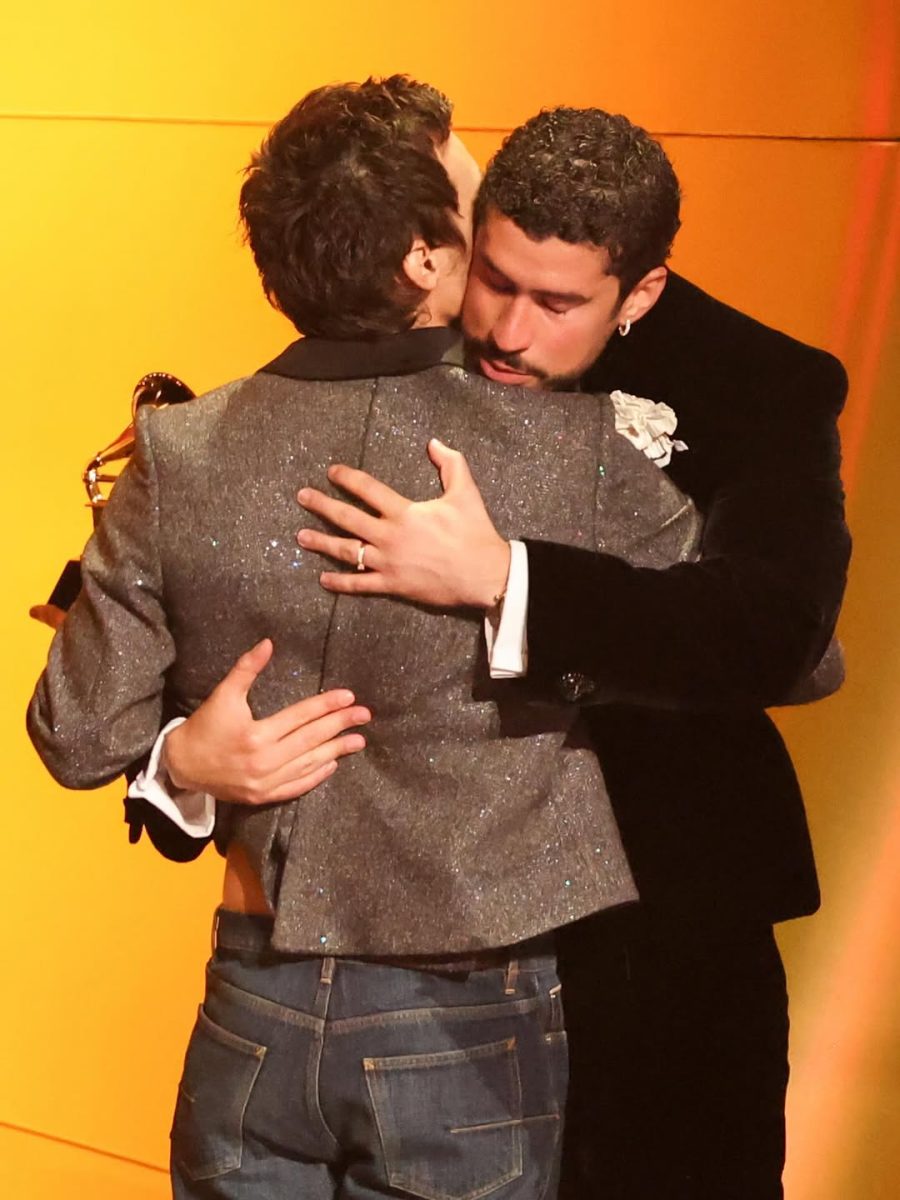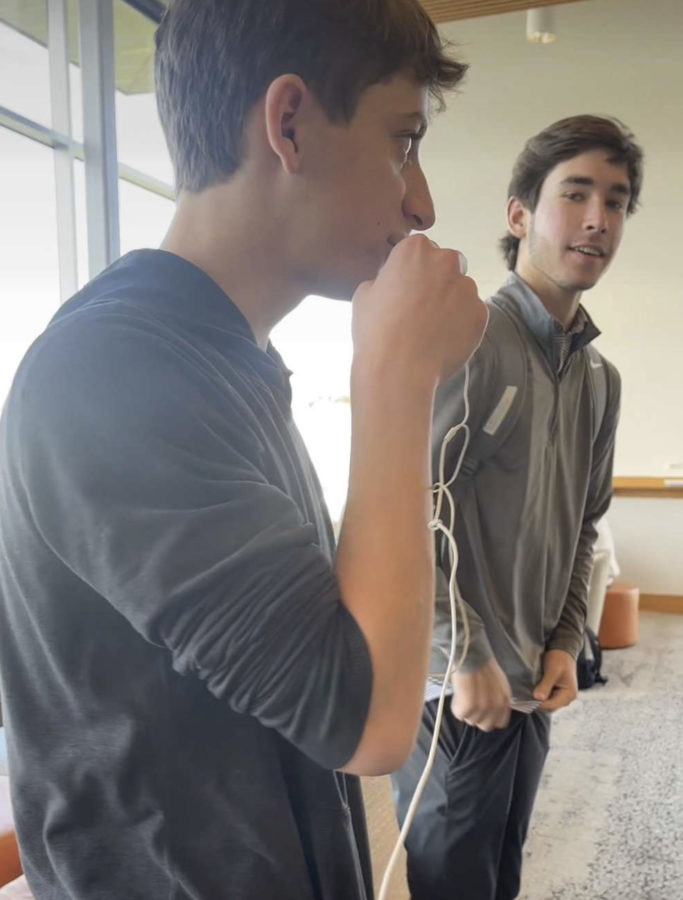LFA Interviews and Other “Unofficial” Social Media Accounts
December 7, 2022
“Who am I here with?” asks Luke Feltzin ’24, every day at lunch. Feltzin is the host and creator of @LFA_Interviews, a TikTok account. Videos come out weekly, each raking in anywhere from one to three thousand views. He randomly approaches LFA students and asks them random questions, such as “What is the quote of the day?” or “What are you listening to?” if the interviewee is wearing AirPods. Feltzin’s favorite interview was “Tony G with the fit check.” The camera catches students off guard, as do the questions, eliciting funny responses. However, not everyone wants to be on recording. Feltzin said, “After the interview, I ask for consent to put them in a video, and I respect their decision.”
The popularity of LFA Interviews brings up a few questions about social media. Such an interview account is not unique to LFA – many other high school students in the area and across the country create their own. The style of humor is similar to that of truTV’s Impractical Jokers or Billy on the Street. Feltzin said, “They may have millions of views, but I have that distinct type of energy and taste in my interviews.” Being at a small school, it seems as though everyone has been featured in or a witness of at least one interview, or else it pops up on their For You Page later.
Branding an account as “LFA” does not mean that there is a formal affiliation with the school or that administrators approve of it. There are many “LFA” accounts on Instagram, including @lfabadparking, @lfa.barstool, and @lfaseniors23. The bad parking account publishes photos, sent via Direct Messages (DM) with license plate numbers blurred, of the cars of students and sometimes faculty, who struggle to stay between the lines. The Barstool account is not affiliated with Barstool Sports but mocks their “Almost Friday” posts, with pictures students submit posted on Thursdays. A seniors’ account is recreated almost every year, where students will publicly announce their plans for after graduation with a submitted photo of themselves, their intended major, or athletic commitments.
While most of these accounts are just “trying to offer some entertainment at the school,” as Feltzin said, there is a boundary to be defined. Last year, multiple “drama” and “confession” accounts were created, publishing predominantly fictitious gossip about students. It was “an anonymous account that sought to divide and inflict hurt, which not only goes against all The Academy actively works and strives towards, but also goes against what we as a community stand for,” said Kim Graham, Director of Student Leadership and Student Life. “While there are plenty of LFA consequences that follow someone purposefully posting something to upset people (having to speak with the Disciplinary Committee, having to inform colleges, etc.), hopefully, the best deterrent of an action such as this would be the fact that maturity is showing respect for those we don’t agree with and grace for those whom we might not like,” said Graham. Moreover, in making that judgment call before posting, we have to “ensure that we’re respectful of others, their comfort with being posted, and their desire for privacy,” said Graham.
Assuming that students are asked for consent and that the photos are appropriate, there is a further task of responsibility. Nothing on the internet can ever be completely erased. Dieter Villegas, former LFA student and Computer Science Instructor, said, “My advice to students is to be conscious of their digital footprint and who can view it. Do not post anything that you wouldn’t be comfortable showing your parents or any administration.”
To be successful, as @LFA_Interviews has been, requires consent and positive intention, not just a focus on humor and attention. Moreover, those asked to be interviewed or posted, in any case, should first consider their digital footprint.

